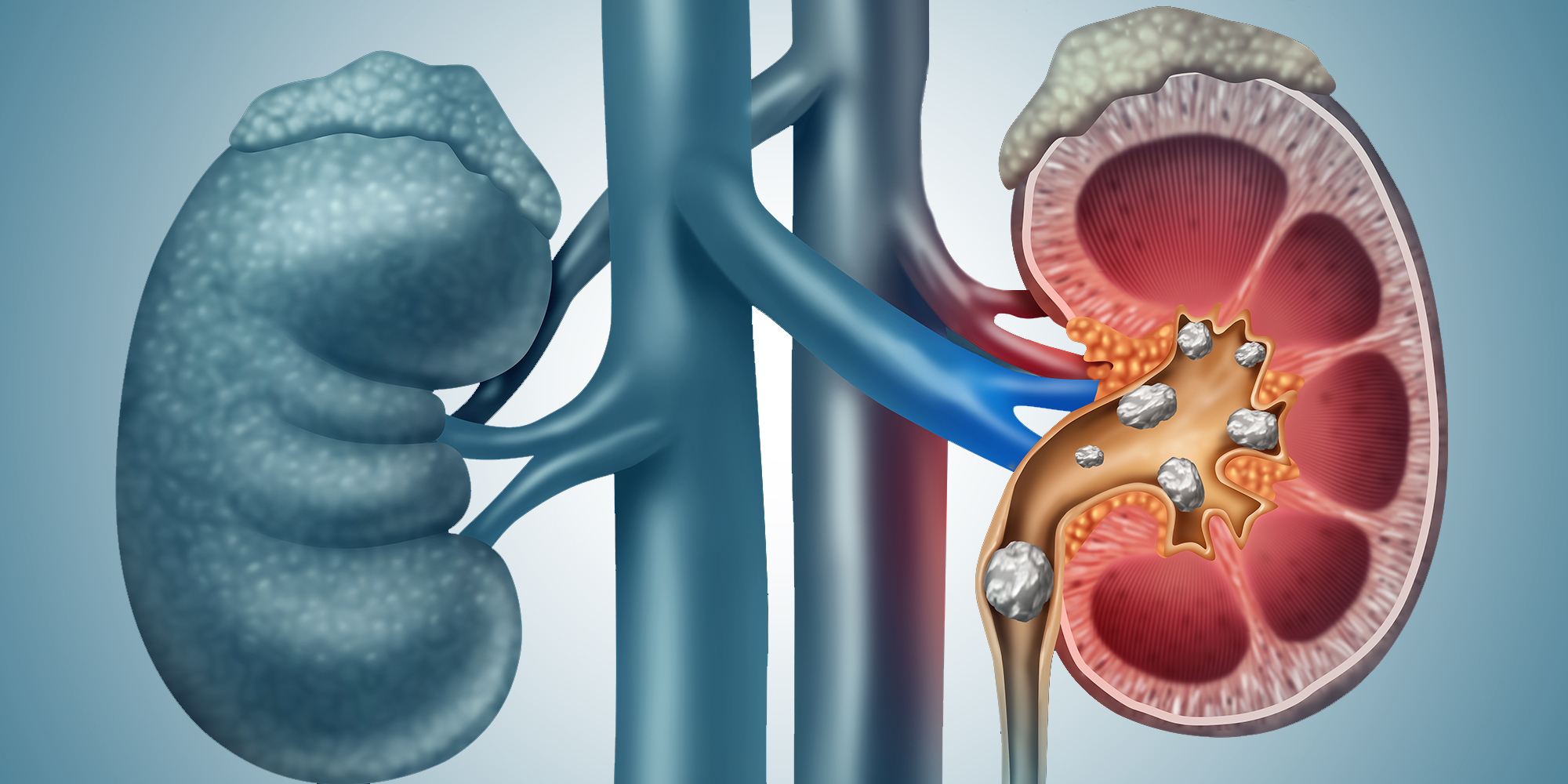Homeopathy for Chronic Kidney Disease
Homeopathy for Chronic Kidney Disease: A Gentle Approach to Kidney Health Chronic Kidney Disease (CKD) is a progressive condition that gradually impairs kidney function over time. As the kidneys fail to adequately filter and clean the blood, […]





